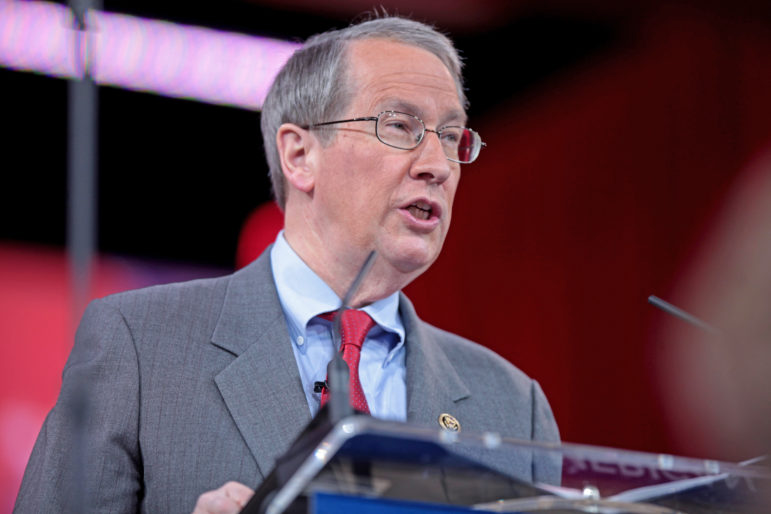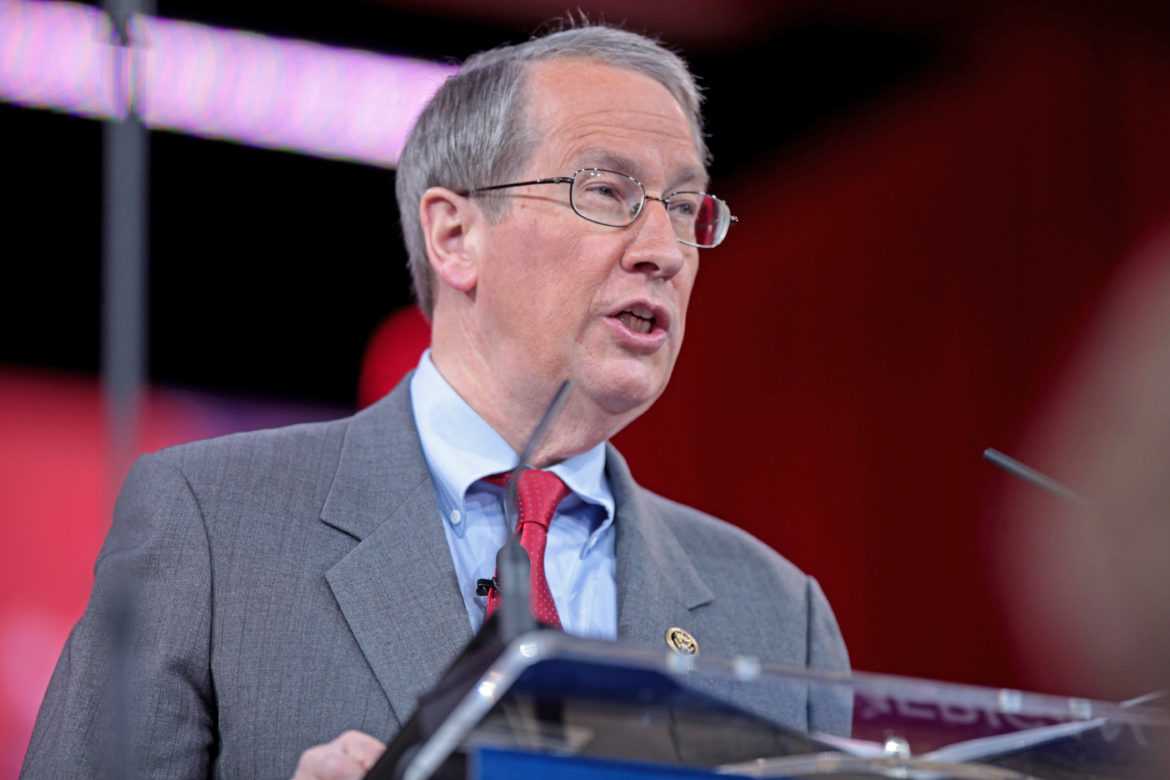
House Judiciary Chairman Bob Goodlatte
WASHINGTON — House lawmakers say the reauthorization of a major grant program could encourage more federal funding for juvenile justice programs.
The House Judiciary Committee approved today by voice vote legislation (HR 68) to reauthorize the Juvenile Accountability Block Grant program, which lapsed in 2009 and has received no funding since 2013.
The program provides grants for state and local initiatives that hold youth accountable for their behavior in ways that are appropriate for their age and development, such as graduated sanctions like curfews and drug testing instead of incarceration, alternatives to detention for status offenses and diversion assessment tools.
The bill authorizes $25 million annually for five years. Funding for the block grant program decreased through the 2000s, from $250 million in 2002 to $25 million in 2013, a drop-off that is part of an overall decline in federal funding.
A reauthorization should encourage appropriators to look more closely at spending on juvenile justice programs, said Judiciary Chairman Bob Goodlatte, R-Virginia. Neither the House nor Senate included funding for the block grant program in this year’s proposed spending bills.
“A reauthorization of this program will send a clear message to our colleagues on the appropriations committee that we support reinstating funding for this program,” he said.
The bill also would expand the criteria for grants to programs that address bullying and cyberbullying prevention and gang prevention and intervention.
Technology has made bullying more complicated than ever, said Rep. Sheila Jackson Lee, D-Texas, the lead sponsor of the bill.
“Gone are the days that children can come home and seek solace and escape from their bullies; technological advances have made it easy for young people to be tormented on social networks at any time from any place,” she said.
The bill's updates also reflect changes in the juvenile justice field, such as looking beyond accountability to incentives based on positive youth development and using evidence-based practices such as trauma-informed care and mental health support, said Marcy Mistrett, CEO of the Campaign for Youth Justice and co-chair of the Act 4JJ Coalition. It includes more than 150 children’s advocacy, legal, medical and educational organizations.
“Reauthorization of JABG contributes to states’ abilities to build effective, age-appropriate accountability and prevention measures to ensure children get needed services and that communities remain safe," she said in an e-mail.
The bill is one in a series related to juvenile or criminal justice that the Judiciary Committee has considered in recent months.
“It is in our country’s interest to see juvenile offenders leave behind a life of criminality and become productive citizens,” Goodlatte said.
The block grant program is authorized by the Omnibus Crime Control and Safe Streets Act.
The Judiciary Committee does not have jurisdiction over another major source of federal juvenile justice funding, the Juvenile Justice and Delinquency Prevention Act.
Reformers are hopeful a reauthorization of that law will clear the Senate this week, before lawmakers adjourn for a lengthy summer recess.
The full title of HR 68 is the Tiffany Joslyn Juvenile Accountability Block Grant Reauthorization and the Bullying Prevention and Intervention Act. Joslyn was deputy chief counsel of the committee’s crime subcommittee and died earlier this year in a car crash.
